A team of scientists from the People's Liberation Army Medical College and the People's Liberation Army General Hospital (Beijing, China) have considered a way to prevent the spread of HPV, one of the most common sexually transmitted viruses in humans.
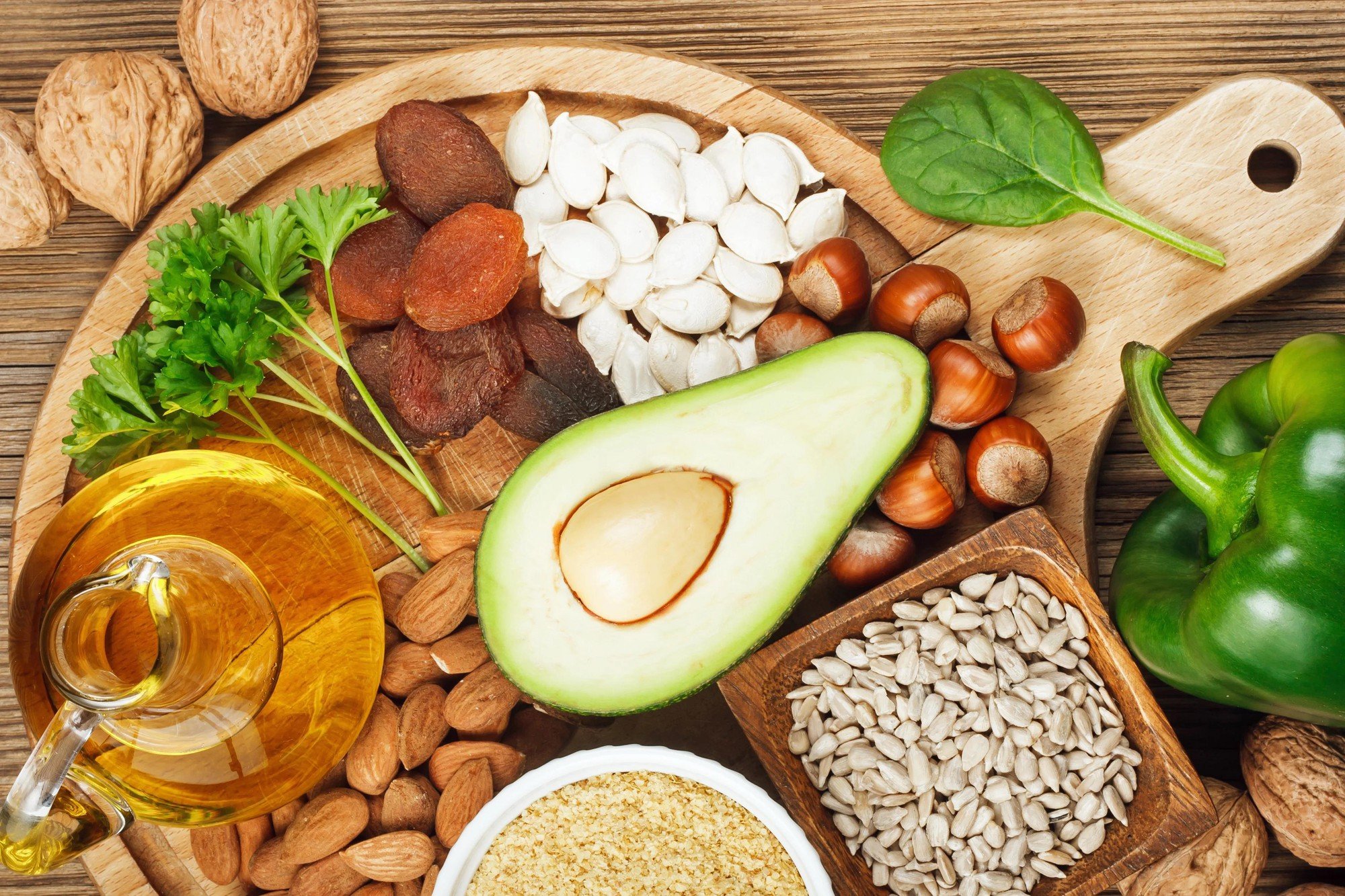
Foods rich in vitamin E can help reduce the risk of sexually transmitted HPV - Illustration photo from the Internet
In most people, the virus remains dormant. However, those who carry it - especially those who were not vaccinated as children - are likely to develop genital warts or, more seriously, cancer.
HPV is the major cause of most cases of cancer of the throat and genital and anal areas.
However, a group of authors led by scientist Quang Hai Dai pointed out that supplementing the body with enough vitamin E could be the key to fighting this danger.
According to the article published in the journal Nutrients , more than 5,800 people aged 18-59 had detailed data collected by the authors on their diet and HPV infection rates.
This group of volunteers was divided into four groups with low to high vitamin E consumption.
The results confirmed an inverse association between vitamin E consumption and HPV infection: The more vitamin E you consume, the lower your risk of infection with this dangerous virus.
However, further analysis shows that they only provide partial protection against genital HPV transmission, not oral transmission. Therefore, safe sex is still the most effective solution.
In some countries, HPV vaccination is recommended for both boys and girls from around 11-12 years of age. Adults can also be vaccinated, but the benefits decrease with age.
Supplementing with vitamin E - which is great for your health - could be a win-win for people who missed the prime age for the HPV vaccine.
According to HealthLine , foods rich in vitamin E are very diverse. It is abundant in most fruits, vegetables, seeds, eggs. The most can be mentioned are sunflower seeds, almonds, chestnuts, avocados, mangoes, kiwis, tomatoes, spinach, cauliflower, eggs, some vegetable oils...
In general, a varied diet of vegetables, fruits, seeds, and vegetable oils will help you supplement this vitamin well.
Source
















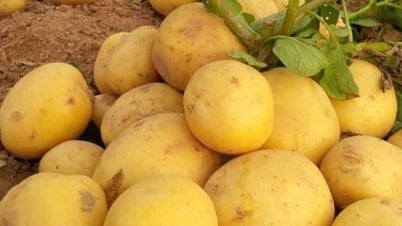








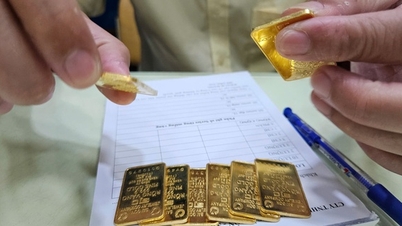




































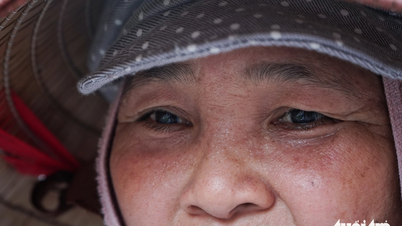



















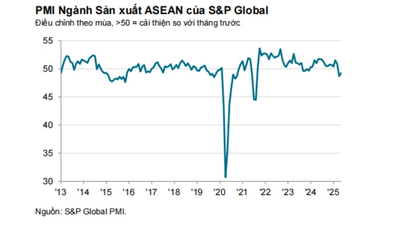











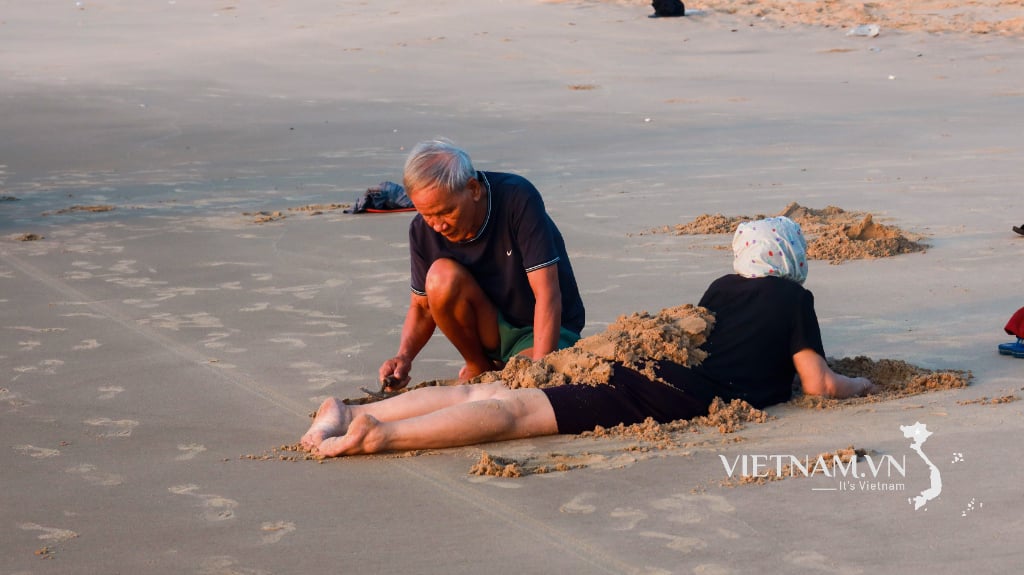


Comment (0)